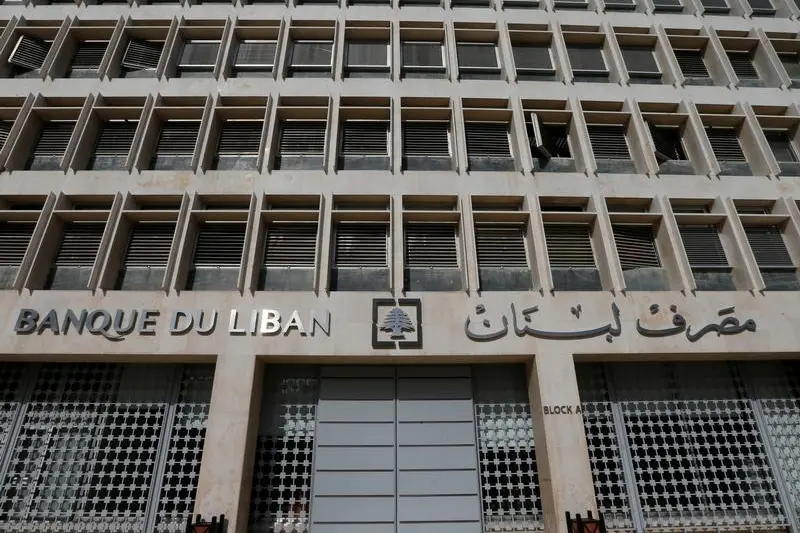PHOTO
BEIRUT: The Central Bank is preparing a bond debt replacement in Lebanese currency with a lower interest rate that would cut debt servicing by between LL1.1 trillion and LL900 billion ($733 million and $600 million) as part of efforts to reduce the budget deficit, sources told The Daily Star Wednesday. BDL plans to replace around LL12 trillion, with a 10-year maturity in Lebanese pound-denominated currency, with a new one [maturity]. Instead of offering 10 to 10.5 percent on these bonds, BDL will offer the bonds at a 9 percent interest rate, and this would help reduce the debt servicing by more than LL900 billion a year, one source said.
The source added that Banque du Liban might not make an official announcement about the move, though Finance Minister Ali Hasan Khalil could reveal in the near future that BDL had lowered the interest rate on these bonds to help the Treasury reduce debt servicing.
BDL holds 50 percent of the states debt in Lebanese currency, the source explained.
The Cabinet is currently discussing the 2019 draft budget, with all indications that it could finalize the debate within the next few days.
It is almost certain that the Cabinet will eventually endorse Khalils proposal to increase taxes on interest rates on deposits from 7 to 10 percent, and this is supposed to generate a revenue of LL650 billion a year, one economist told The Daily Star.
He ruled out any negative repercussions from the move, adding that interest rates on customer deposits were still higher than in many countries in the region. I dont think we will see an exit of capital and funds from Lebanon if the tax on interest rates on deposits is raised by 3 percentage points, he said.
But the President of the Association of Banks in Lebanon Joseph Torbey has publicly rejected any rise.
The association has repeatedly said that tax measures implemented by the former government did not generate sufficient revenues.
ABL urged the government to look for other sources to boost revenues, such as by combating corruption and improving tax collection.
ABL considers that the tax package approved by the Parliament in 2017 to finance the salary scale led, as expected by the economic bodies, to a negative impact on the national economy. This has caused the closure of several institutions, dismissal of employees, decline of growth to almost negative levels, increase in unemployment, surge in inflation and unprecedented rise in the balance of payments deficit, a statement from the association said.
It added that these taxes led to a drop in the growth of deposits and bank loans to both individuals and institutions, impacting the national economy.
Copyright 2019, The Daily Star. All rights reserved. Provided by SyndiGate Media Inc. (Syndigate.info).





















